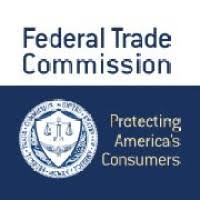
The DSSRC gets an FTC Warning about Income Disclosure Statements
The Federal Trade Commission (FTC) disagrees with the Direct Selling Self-Regulatory Council (DSSRC)’s recently published guidance on Income Disclosure Statements (IDS) for the direct selling industry.
The Federal Trade Commission (FTC) disagrees with the Direct Selling Self-Regulatory Council (DSSRC)’s recently published guidance on Income Disclosure Statements (IDS) for the direct selling industry.
Here are the key points of the FTC’s argument:
- FTC believes the DSSRC guidance is misleading: The FTC argues that the DSSRC allows companies to make earnings claims without having a proper basis for them. For instance, the FTC disagrees with the idea that saying “some indication” of expenses is sufficient.
- Focus on mandatory costs is not enough: The FTC believes the guidance should consider all actual costs, not just mandatory ones.
- Difficulty with portraying typical income: The FTC argues it’s difficult to truthfully advertise an opportunity where most participants make little or no money.
- Terms like “modest” or “supplemental income” are unclear: The FTC argues these terms are ambiguous and don’t take into account expenses.
- Many MLM participants lose money: The FTC cites its own cases where it found that most participants in certain Multi-Level Marketing (MLM) businesses end up losing money.
The FTC believes the DSSRC guidance will mislead consumers and encourage deceptive earnings claims. They advise MLM companies to not rely on this guidance if they want to comply with the FTC Act.
Here is the original article from the FTC: Letter from Lois C. Greisman, Associate Director, Division of Marketing Practices, Bureau of Consumer Protection (ftc.gov)